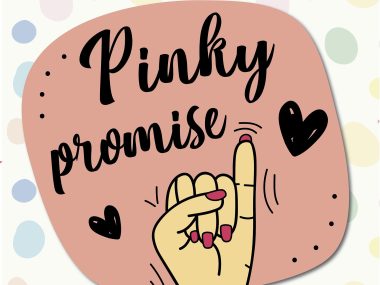There’s a strange divide between how people behave online and how they act face to face. Online, some cross lines they’d never dream of stepping over in person. They say things impulsively. They pick fights they can’t finish. And when things go sideways, a quick “I’m sorry” is tossed out like a reset button. As if words can erase damage on command.
But why should anyone, especially a stranger, be expected to accept an apology that follows deliberate disrespect?
A Simple Example, With Lasting Impact
Let’s say someone is having a debate in a gaming forum. Things get heated. One user says, “I’m done with this.” That should be the end of it. But the other person keeps replying, arguing, breaking down every sentence, trying to “win.”
The first user leaves. Maybe they delete their account. Maybe they just stop posting. The second user thinks they were right. But what really happened?
The community lost someone. The tone of the space changed. And over what? One person’s need to be correct?
That’s the part people forget: the internet is a social environment. It’s messy. It’s unpredictable. And just like any social space, it runs on unspoken cues we often miss or dismiss entirely.
In person, you can read someone’s body language. You can see discomfort, anger, or pain. But online, you only get text, and even that can be twisted. When someone says, “This conversation isn’t productive,” or “I’m done engaging,” those are social cues. They’re the equivalent of someone backing away with their hands raised. Pushing past those boundaries doesn’t win the argument. It corners the other person. And people who feel cornered will either shut down or come out swinging.
When We Ignore Cues, We Pay the Price
Missing, or ignoring, online boundaries has consequences. Sometimes those consequences are invisible, like someone pulling away without saying why. Sometimes they’re immediate and loud. Either way, the results are real:
- Friendships and communities fracture
- Reputations change
- Emotions run high; regret, stress, burnout
- Opportunities vanish, especially when your name is tied to your work
The longer someone pretends a boundary doesn’t exist, the harder it is to rebuild trust once it breaks.
The hard truth is, the internet has a way of revealing people. Give someone enough time, and their true colors tend to show. That can be uncomfortable. But once someone shows you who they are, believe them. Don’t argue with it. Don’t try to fix it. Just move on. There are more people out there, ones who don’t make you walk on eggshells.
Not All Missteps Are Malicious
Of course, we all mess up. We speak without thinking. We let anger get the better of us. We give too much to people who take us for granted. That’s human. But when patterns repeat…when the same types of arguments, frustrations, and emotional fallout keep showing up, it’s time to stop blaming everyone else and start paying attention to the signals. Often, they’ve been there the whole time. It just takes wisdom, and courage, to act on them.
The Bottom Line
Online communication comes with fewer signals, not fewer consequences. If we ignore the cues others give us, or fail to reflect on our own behavior, we set ourselves up for fractured connections, unnecessary drama, and lasting regrets. The success or failure of your online life doesn’t hinge on how smart or persuasive you are. It depends on your ability to read the room, even when the room is virtual.
📌 Changelog
- May 3, 2025: Article re-written to add additional information. Added image.
- May 16, 2011 : Original article posted.






